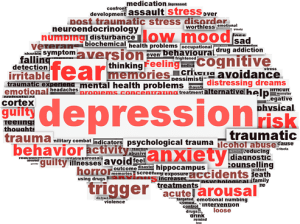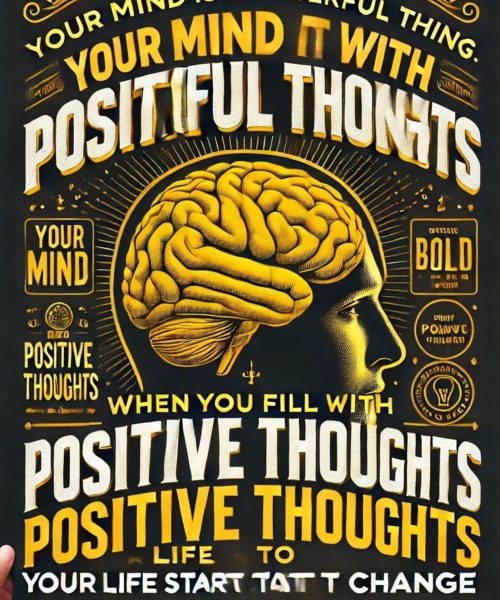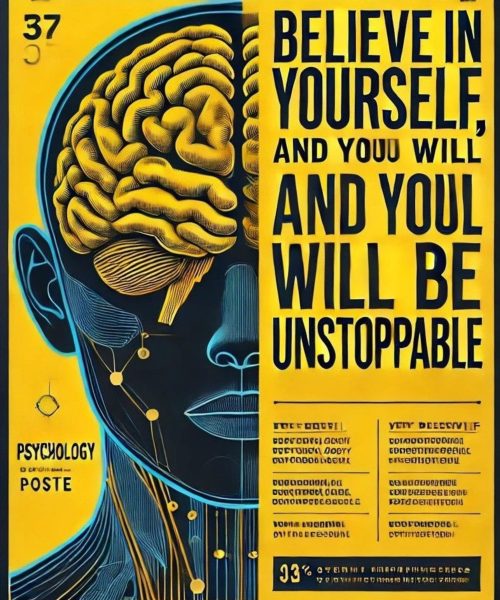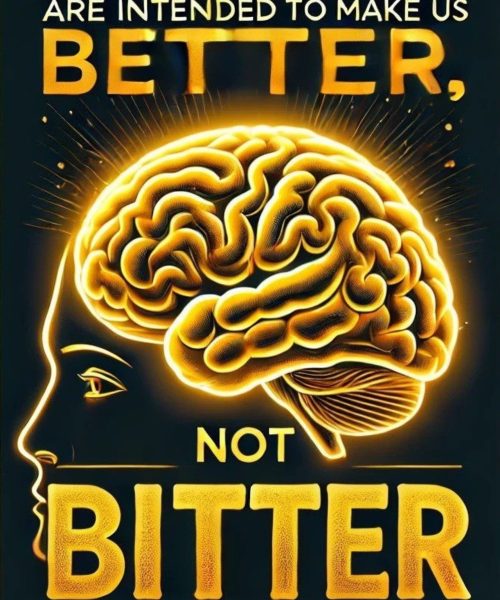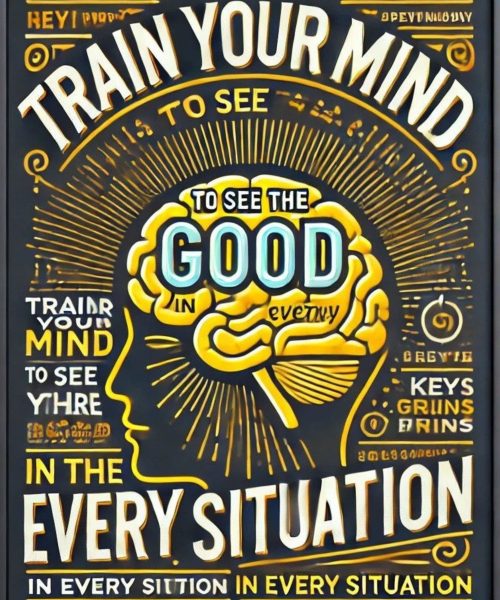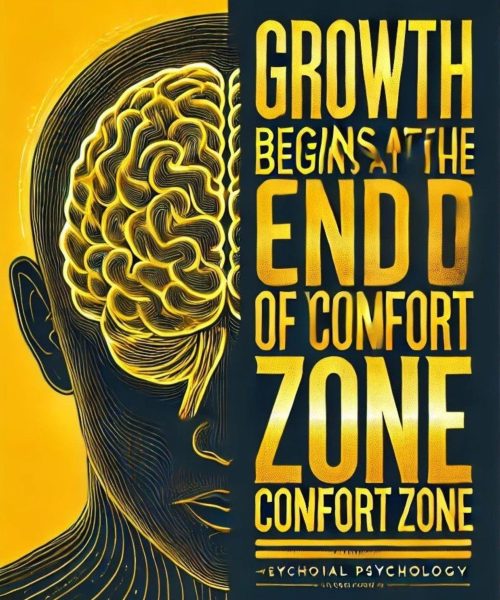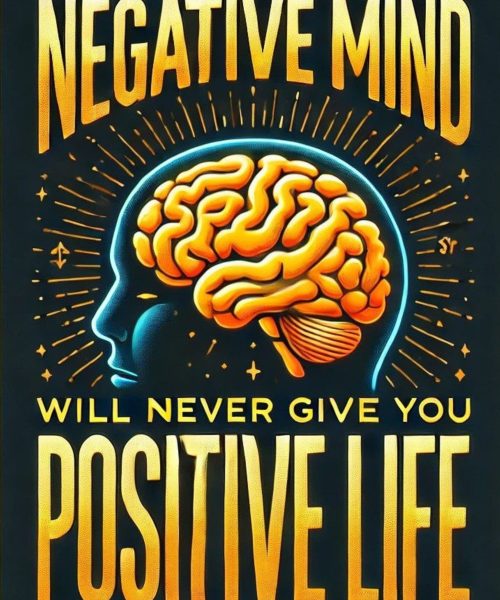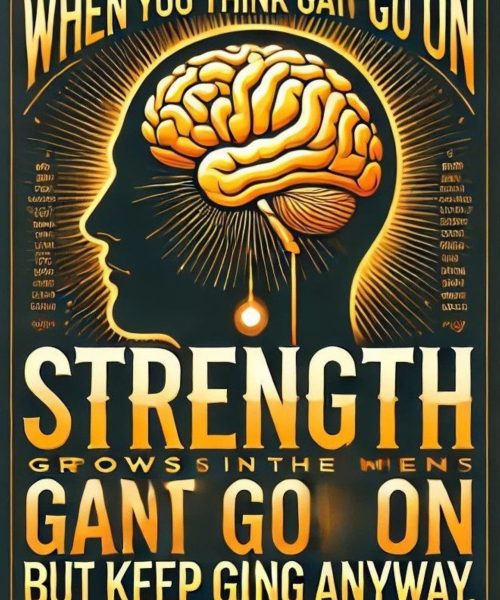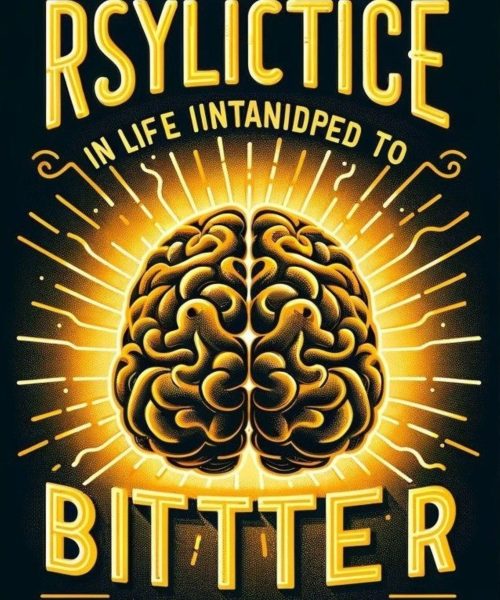May You Heal From All The Trauma And Pain That You Never Opened Up To Anyone
May You Heal From All The Trauma And Pain That You Never Opened Up To Anyone
Since 2008, Perpetual Free Will has offered a compassionate space for emotional healing — where you’re seen, heard, and gently guided. With over 17 years of professional psychological counseling experience, we support individuals through anxiety, life transitions, relationship struggles, and more — always at their pace.
Take Your First Step Towards Healing
Take Your First Step Towards Healing
Call +91-8489766669 To Book an Appointment or Connect with Us At +91-9087444469 For A Complimentary 20 Minute Consultation – Non-Judgmental Safe Space to Reflect and Rediscover Yourself.
Video Session – Audio Session – Chat Session
English & All Regional Indian Languages
100% Private & Secure Platform
Monday to Saturday 9AM To 9PM
“We walk with you — not ahead”
“We walk with you — not ahead”
 OUR VISISON
OUR VISISON
We Envision A World Where Every Mind Is Nurtured And Every Soul Supported — A Golden Standard Of Psychological Care, Universally Accessible, Deeply Human.
 OUR MISSION
OUR MISSION
To Extend Compassionate, Culturally-Rooted Mental Health Services That Empower Every Individual To Thrive Emotionally, Intellectually, And Socially — Across Borders, Across Lives.

THE PERPETUAL PROMISE
We Pledge Enduring Trust, Ethical Service, And Transformative Guidance — A Lifelong Commitment To Those Who Choose The Journey Of Healing With Us.
Clarity Begins With Awareness. Strength Begins With Support. It Begins Here.
Clarity Begins With Awareness. Strength Begins With Support. It Begins Here.
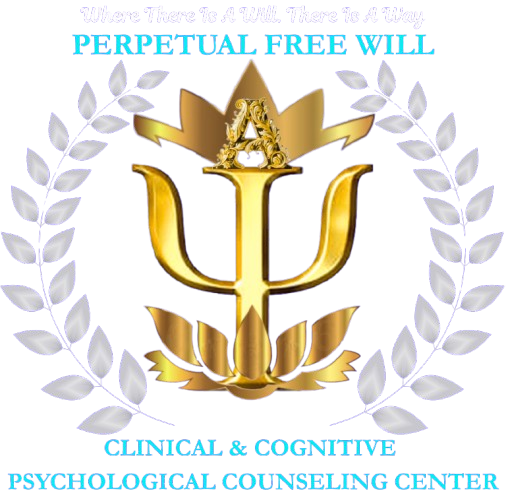
Expert Guidance – Our experienced psychologists and counselors are dedicated to supporting your mental well-being.
Confidential & Non-Judgmental – A safe space where you can express yourself freely, without fear or judgment.
Personalized Therapy – Tailored counseling approaches designed to meet your unique needs and challenges.
Holistic Healing – We go beyond traditional therapy by integrating mindfulness, stress management, and wellness practices.
Online & Offline Sessions – Flexible appointment options to support you wherever you are.
Affordable & Accessible – Quality mental health support at reasonable rates, making care accessible to all.
Wide Range of Services – From individual therapy to couples counseling, career guidance, and stress management.
Community-Focused – Actively partnering with schools, corporates, and local communities to promote mental wellness.
Proven Results – Hundreds of clients have transformed their lives through our compassionate counseling.
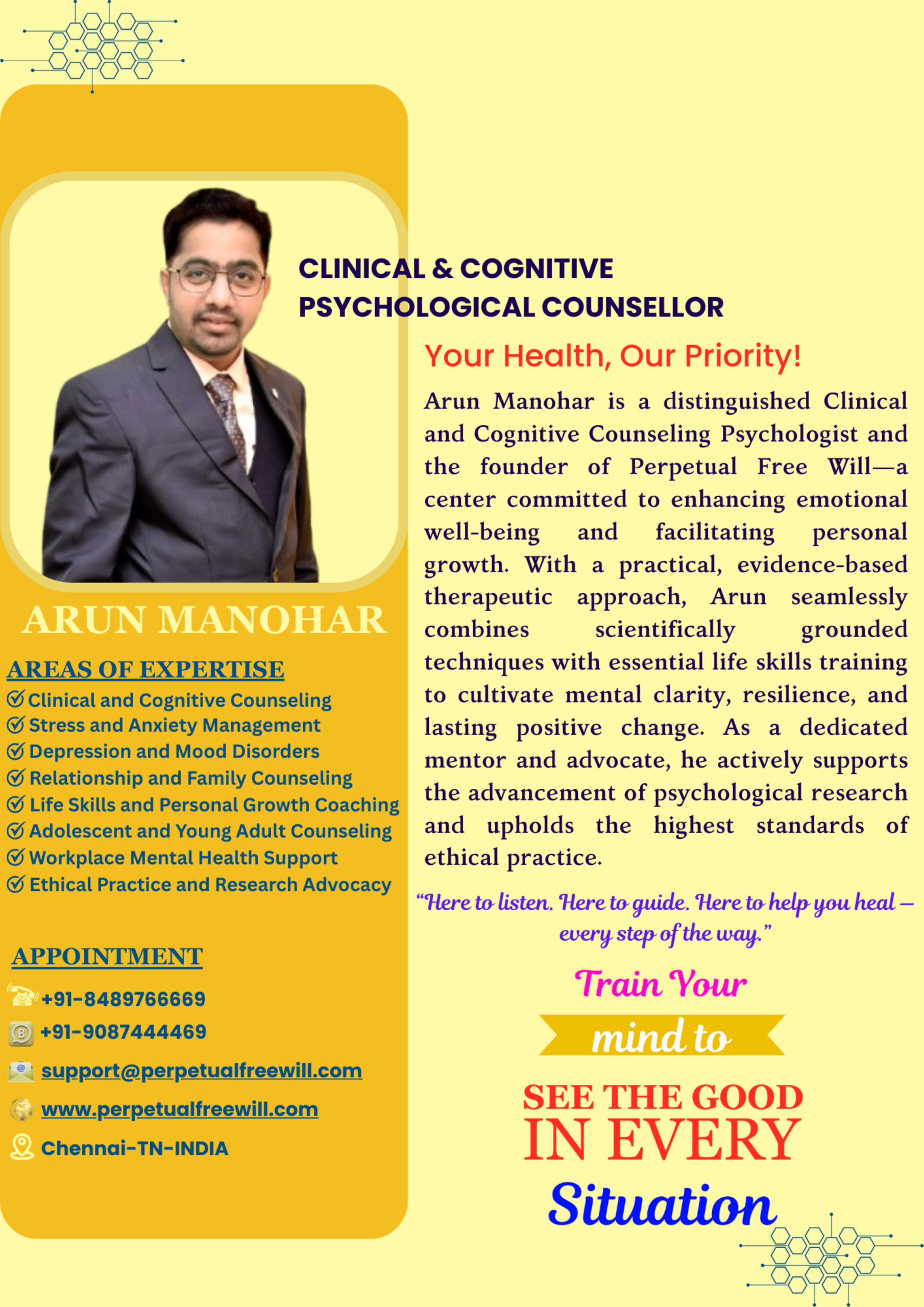
%
Private & Confidential | Secure Platform
Happy & Satisfied Clients
A Legacy of Empowering Lives and Minds
A Lifetime of Dedication to Transforming Lives
Fluent in Multiple Languages, Breaking Barriers in Psychological Consulting
Expert Psychological Counselors Dedicated to a Healthier Mind and Life

Experience confidential, one-on-one in-person counseling designed to help you navigate life’s challenges with expert guidance.
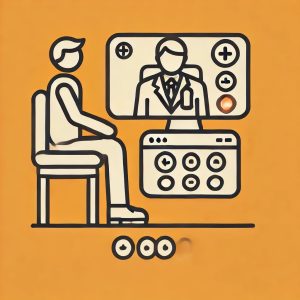
Compassionate counseling, anytime, anywhere – because your mental well-being deserves no boundaries.

Support is just a call away—experience the power of professional guidance through confidential and compassionate telephone counselling, anytime you need it.

Get professional psychological support at your fingertips. Our WhatsApp/Chat/Message counseling offers a secure and convenient way to express your thoughts, receive expert guidance, and find clarity—all at your own pace.

PSYCHOLOGICAL FACTORS INFLUENCE THE LEARNING OF THE STUDENT
Psychological factors influencing student learning include emotions, motivation, attention, memory, and mindset. These factors shape how students absorb, process, and retain information, impacting their academic performance and personal growth. The most important psychological factors for students’ academic performance is their self-efficacy, motivation, stress and test anxiety for the subject they study. Teachers should therefore choose meaningful and authentic tasks in which students will see utility for future profession.
“Don’t judge a book by its cover”
TEEN COUNSELING
Teen counseling is a therapeutic approach specifically for teens. With counseling, teens participate in talk therapy in a safe environment with a mental health professional with the aim to better understand and express their feelings, identify and solve problems, and develop healthy coping mechanisms. Teens don’t come with an instruction book! Many, many parents report great difficulty balancing limits with permissiveness, and discipline with privileges. Teens need just the right balance of freedom and supervision, and it takes great wisdom to get the balance right.
It is amazing how good Parenting guidance can improve your relationship with your teen, as well as his or her overall emotional health! We as parents possess tremendous power to influence our teen’s well-being. Just “Tuning up” our Parenting a bit can bring about tremendous improvement.
“Some people want it to happen, some wish it would happen, others make it happen”
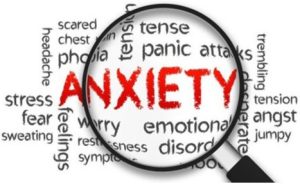
ANXIETY DISORDER
Anxiety disorder due to a medical condition includes symptoms of intense anxiety or panic that are directly caused by a physical health problem. Generalized anxiety disorder includes persistent and excessive anxiety and worry about activities or events — even ordinary, routine issues. Anxiety Disorder Counseling helps individuals manage and overcome excessive worry, fear, and stress. It provides coping strategies, emotional support, and therapeutic techniques to improve mental well-being and daily functioning. Compulsive behavior can be normal, and is only an indicator of underlying disease when feelings become excessive, all-consuming and interfere with daily living.
“Our anxiety does not empty tomorrow of its sorrows, but only empties today of its strength”

GRIEF COUNSELLING
Grief counseling is a therapeutic process that helps individuals cope with the emotional, physical, and psychological effects of loss, typically the death of a loved one. Grief is a natural response to loss, but it can become overwhelming, affecting a person’s ability to function in daily life. Grief counseling provides a supportive environment to help people navigate these emotions and work through the complex feelings associated with grief.
“Happiness is beneficial for the body, but it is grief that develops the powers of the mind”

PSYCHOLOGY IN TEACHING & LEARNING
At Perpetual Free Will, we deeply believe that effective education is rooted in understanding how the human mind works. Psychology plays a vital role in teaching and learning.
Here’s how psychology supports meaningful learning:
1.Understanding How Students Learn.
2.Nurturing Motivation and Engagement.
3.Honoring Developmental Stages.
4.Creating Supportive Learning Environments.
5.Supporting Diversity and Individual Needs.
Our approach blends psychological insight with practical strategies — helping educators, parents, and students unlock the true potential of learning.
“Education is not the filling of a pail but the lighting of a fire”

SUPPORTING MENTAL HEALTH IN OLDER ADULTS
Counseling for older adults focuses on helping seniors navigate the emotional and psychological challenges that often accompany aging. These may include grief and loss, chronic health conditions, cognitive decline, loneliness, and shifts in identity due to retirement or changing family roles. Through compassionate, age-sensitive approaches, counseling promotes emotional well-being, mental resilience, and a sense of purpose. It fosters social connection, encourages healthy coping mechanisms, and supports adaptation to life transitions. Therapeutic support can also help address issues such as anxiety, depression, sleep disturbances, and unresolved trauma that may resurface in later life. By creating a safe and respectful space, mental health care empowers older individuals to maintain dignity, autonomy, and a higher quality of life.
“You are not alone in your struggles”
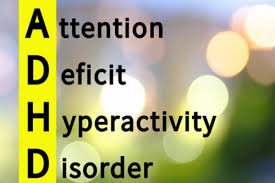
ATTENTION DEFICIT HYPERACTIVITY DISORDER (ADHD)
ADHD is a neurodevelopmental condition that affects focus, impulse control, and activity levels. It can impact learning, behavior, and daily life but can be managed with proper support and treatment. ADHD is a neurodevelopmental condition characterized by persistent patterns of inattention, hyperactivity, and impulsivity. It can affect academic performance, work productivity, relationships, and daily functioning. ADHD is commonly diagnosed in childhood but can continue into adulthood. With proper support, including therapy, behavioral strategies, individuals with ADHD can develop effective coping mechanisms to enhance focus, self-regulation, and overall well-being.
“ADHD is not a disability; it’s a different ability”

ANGER MANAGEMENT
Anger Management is a structured therapeutic process that helps individuals recognize triggers, control emotional responses, and express anger constructively. It involves learning coping strategies, stress reduction techniques, and effective communication skills to improve emotional balance, relationships, and overall well-being, anger is an emotion characterized by antagonism toward someone or something you feel has deliberately done you wrong. Anger can be a good thing. It can give you a way to express negative feelings, for example, or motivate you to find solutions to problems.
“Anger is a wind which blows out the lamp of the mind”

FAMILY THERAPY OR FAMILY COUNSELING
Family Therapy/Counseling is a structured form of psychological support that helps families improve communication, resolve conflicts, and strengthen relationships. It is designed to address specific issues affecting family dynamics, such as major life transitions, behavioral challenges, or mental health concerns. By fostering understanding and emotional support, family therapy helps create a healthier and more functional home environment. Therapists use various approaches, including systemic therapy, cognitive-behavioral techniques, and solution-focused strategies, to guide families toward positive change and lasting harmony.
“Family is not an important thing. it’s everything”
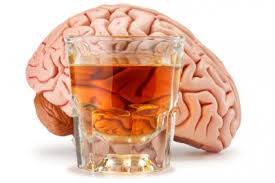
ALCOHOL ADDICTION
Alcohol addiction, or alcoholism, is a chronic disease characterized by an inability to control alcohol consumption despite negative consequences. It can have severe physical, emotional, and social effects. People with alcohol addiction often drink excessively and may experience a range of symptoms, including Physical Dependence, Tolerance, Loss of Control, Negative Impact. Addiction Counseling helps individuals overcome dependence on alcohol by addressing underlying causes, building coping strategies, and supporting recovery. It promotes healthier habits and long-term well-being.
“First you take a drink, then the drink takes a drink, then the drinks take you”
DEPRESSION & STRESS MANAGEMENT
Depression & Stress Management involves techniques and therapies to help individuals cope with persistent sadness, anxiety, and emotional strain. It focuses on building resilience, improving mental well-being, and enhancing daily functioning through counseling, lifestyle changes, and coping strategies, understanding Depression & Stress. Depression is a mood disorder characterized by persistent sadness, loss of interest, and difficulty in daily functioning. Stress is a natural response to pressure, but chronic stress can lead to anxiety, burnout, and physical health problems.
“The truth is that stress doesn’t come from your boss, your kids, your spouse, health challenges, or other circumstances. It comes from your thoughts about your circumstances”

SLEEP DISORDERS
Sleep disorders are conditions that interfere with a person’s ability to sleep well on a regular basis, affecting both the quantity and quality of sleep. These disorders can have a significant impact on physical health, emotional well-being, and overall quality of life. They can range from difficulty falling asleep to staying asleep, or even experiencing disruptive sleep patterns that leave individuals feeling exhausted or unrested. They include insomnia, sleep apnea, and restless leg syndrome, among others. Proper diagnosis and treatment help restore healthy sleep patterns, improving sleep quality through therapy, lifestyle changes, medical support and overall well-being.
“A ruffled mind makes a restless pillow”
PARENTING ISSUES COUNSELING
Parent counseling is a supportive service that provides knowledge, guidance, practical tools, and emotional support—always without judgment or bias. Unlike family counseling, which focuses on the entire family unit, parent counseling specifically centers on how you, as a parent, influence the emotional and relational dynamics at home. Being a parent can be deeply rewarding, yet equally demanding. After teaching your child how to walk, talk, and manage basic routines, you begin guiding them through more complex life skills such as communication, conflict resolution, and emotional regulation. Parenting comes with its own unique challenges, and at Perpetual Free Will, we offer expert counseling to help you navigate them with clarity and confidence.
“Children are not things to be molded, but are people to be unfolded”

TAOBACCO ADDICTION
Tobacco Addiction Counseling is a structured approach to help individuals quit tobacco use by addressing physical cravings, psychological dependence, and behavioral triggers. It involves personalized strategies, coping techniques, and emotional support to manage withdrawal symptoms and prevent relapse. Through therapy, individuals gain the tools needed to break free from addiction and adopt a healthier, tobacco-free lifestyle. Nicotine dependence occurs when you need nicotine and can’t stop using it. Nicotine is the chemical in tobacco that makes it hard to quit. Nicotine produces pleasing effects in your brain, but these effects are temporary. So you reach for another cigarette.
“Quit smoking before it forces the life to quit your body”
SEX THERAPY
Sex Therapy is a specialized form of counseling that helps individuals and couples address psychological, emotional, and physical challenges related to sexual health and intimacy. It focuses on improving communication, enhancing emotional connections and resolving issues such as performance anxiety, low libido, sexual dysfunction or relationship concerns through guided discussions and therapeutic techniques, sex therapy promotes a healthier and more fulfilling intimate life. Sex therapy is a psychological and physical concerns related to sexuality and intimacy. It is conducted by trained therapists who use evidence-based approaches to improve sexual well-being and relationship satisfaction.
“Keep an open mind and express a willingness to explore and learn together”

PSYCHOLOGICAL TEST & THERAPIES
Psychological tests and therapies are essential tools in the field of mental health care, helping to assess, diagnose, and treat psychological conditions. Tests evaluate cognitive, emotional, and behavioral patterns, while therapies provide structured interventions to improve mental well-being and personal growth, these are used to understand a person’s behavior, thoughts, emotions, and mental processes and to guide appropriate interventions. Mostly tests are used as a way of measuring differences between people or differences in the same person over time. tests are written, visual, or verbal evaluations administered to assess the cognitive and emotional functioning of children and adults.
“A variety of treatments that aim to help a person identify and change troubling emotions”
Book Appointment
Submit Reviews
Privacy Policy
Appointment Cancellation
© 2023 Perpetual Free Will All Rights Reserved























